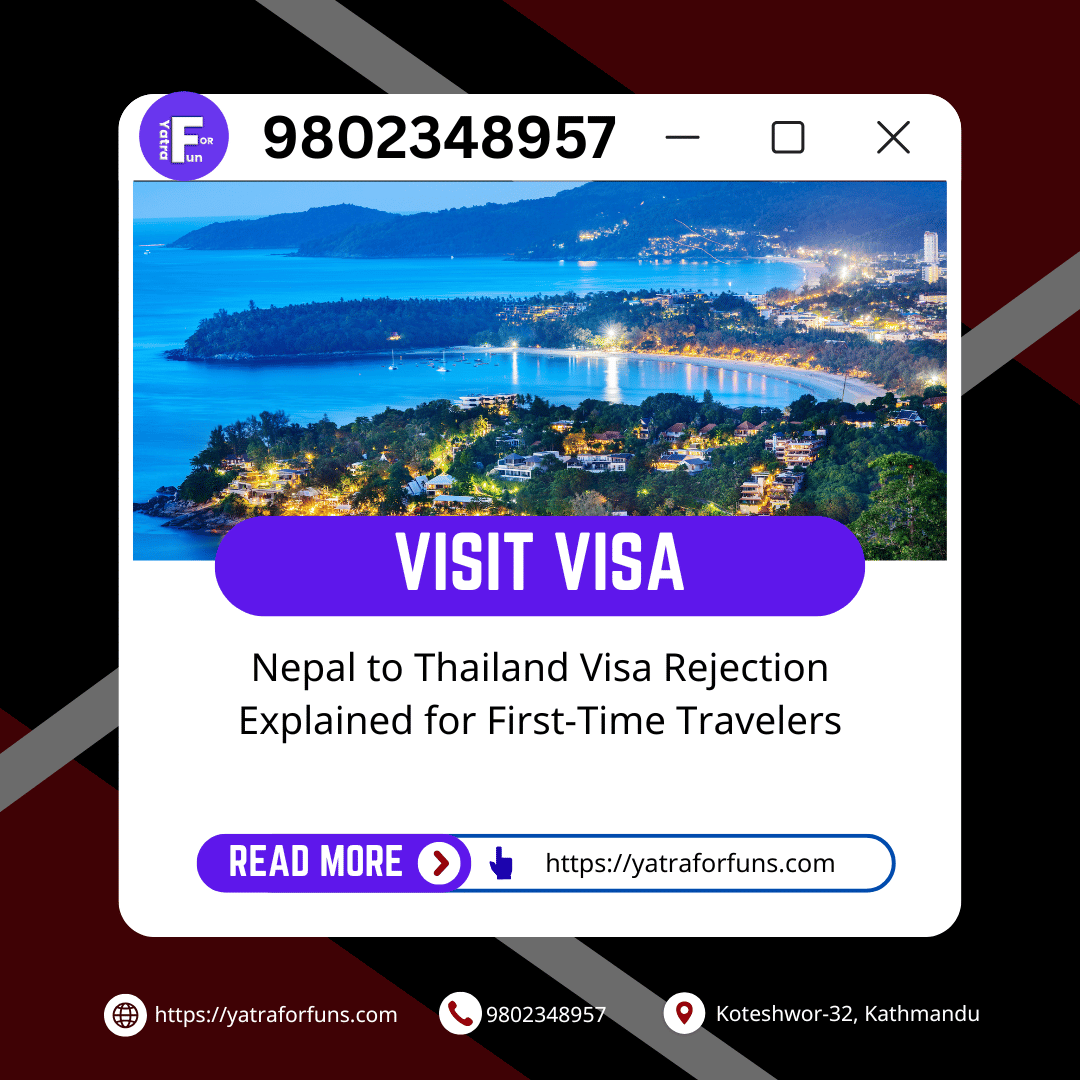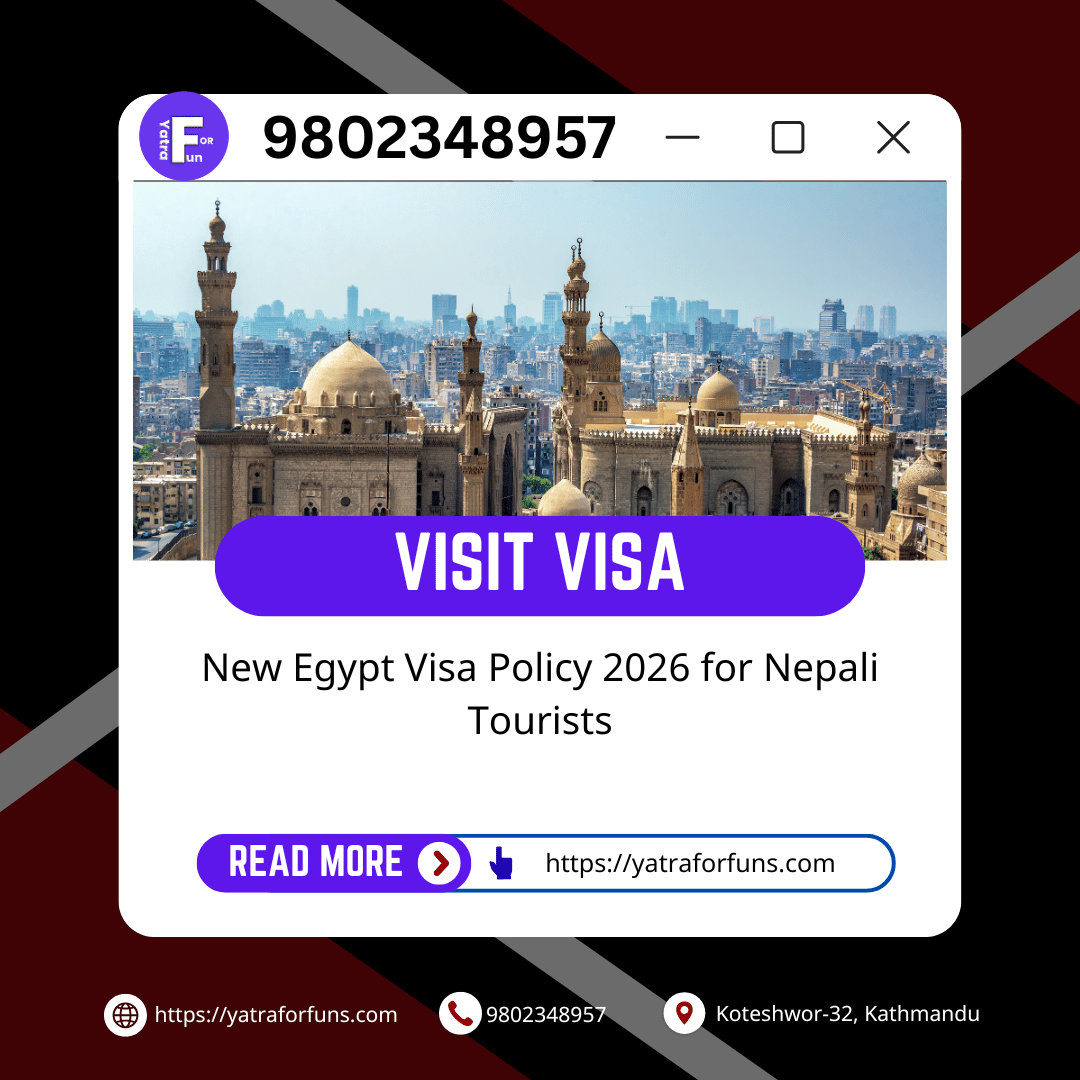Nepal to Thailand Visa Rejection Explained for First-Time Travelers
Tue, 20 Jan 2026

Follow the stories of academics and their research expeditions

If you're planning to go abroad from Nepal for higher education—to countries like Australia, Canada, Japan, the USA, or South Korea—the first and most important step is to improve your language skills. Without meeting the language proficiency requirements, you won’t be able to get a student visa or admission to universities. Each country has its own preferred language and corresponding exams that you must pass with a minimum score. Let’s break it down country by country.
For Australia, Canada, and the USA, English is the main language of communication. To study in these countries, you need to prove that you can read, write, speak, and understand English well. The most common test for this is IELTS(International English Language Testing System), which is accepted by almost all universities and visa processing centers. Other accepted tests include TOEFL and PTE Academic. These tests are standardized and designed to assess your ability to survive and succeed in an academic environment where everything is in English. Usually, you need a score between 6.0 to 7.5 bands in IELTS depending on your course and institution. TOEFL scores are usually between 80 to 100, and for PTE, 50 to 65 is a common requirement. These scores also influence your visa approval chances.
For Japan, the language of instruction at most universities is Japanese—especially for undergraduate and vocational courses. Some international programs are in English, but most require a Japanese language certification. You’ll need to pass the JLPT (Japanese Language Proficiency Test) or NAT test, where you’ll be tested on grammar, vocabulary, listening, and reading skills. Most institutions demand N5 to N2 level depending on the course. If you're applying to a language school or technical course in Japan, you need at least JLPT N5 or NAT Level 5.
For South Korea, the government and universities expect international students to know Korean unless you’re applying for an English-taught program. You need to pass the TOPIK (Test of Proficiency in Korean), and the minimum level required is usually TOPIK Level 3 or 4. The test includes grammar, reading, writing, and listening. Knowing Korean also helps you adapt to daily life in Korea, apply for scholarships, and take part-time jobs.
Now, to prepare for these tests, you have two options—attend a physical language institute or learn online. Kathmandu has several well-known institutions that provide expert training for IELTS, JLPT, TOPIK, and other language exams. These centers offer classroom training, mock tests, personal feedback, and visa counseling.
Here are the Top 10 Language Institutes in Kathmandu offering physical classes:
To sum it up, building strong language skills is not just about passing a test—it’s about surviving and succeeding in a new country. Whether you’re attending a physical institute in Kathmandu or learning online from LearnWithOpen.ai, the key is consistency and practice. Choose the right course, follow the best methods, and keep testing yourself until you're confident. With the right preparation, your dream to study abroad can become a reality.
Tue, 20 Jan 2026

Mon, 19 Jan 2026

Mon, 19 Jan 2026

Leave a comment